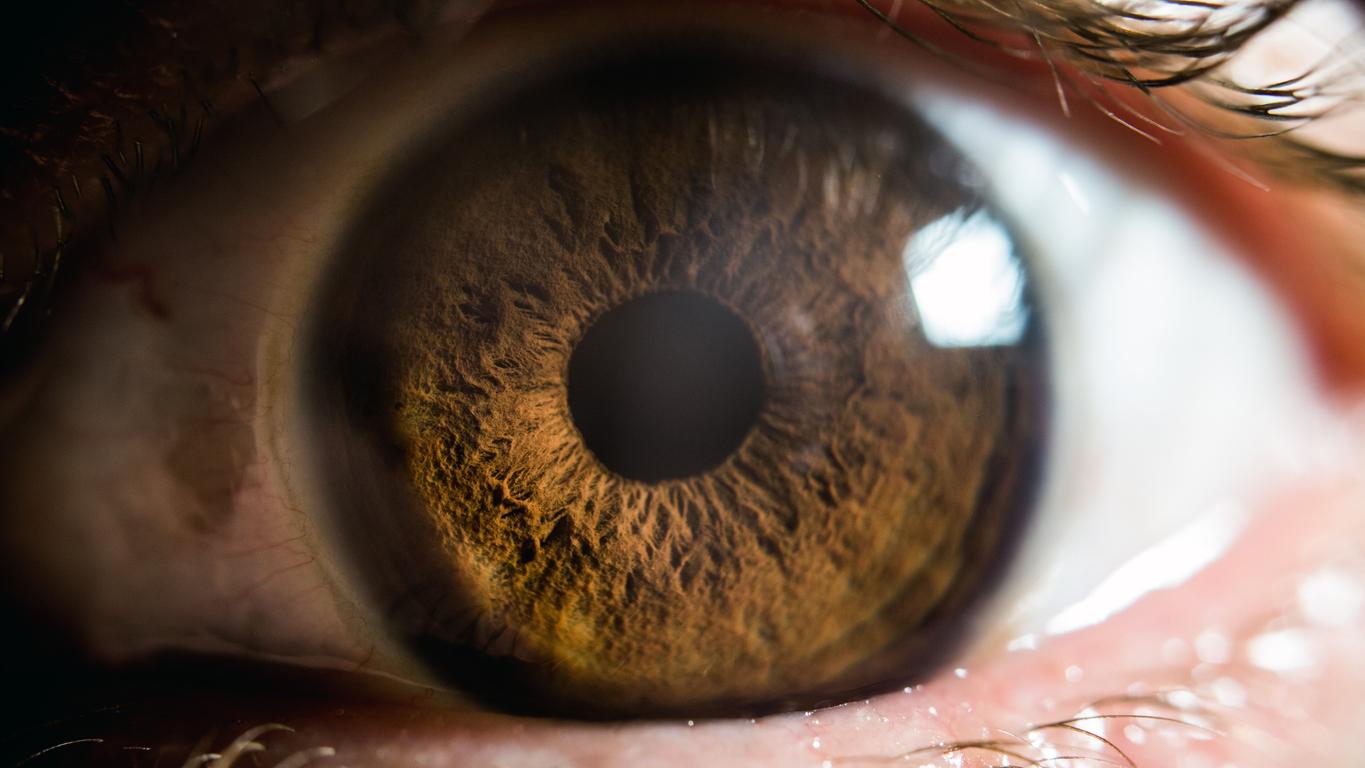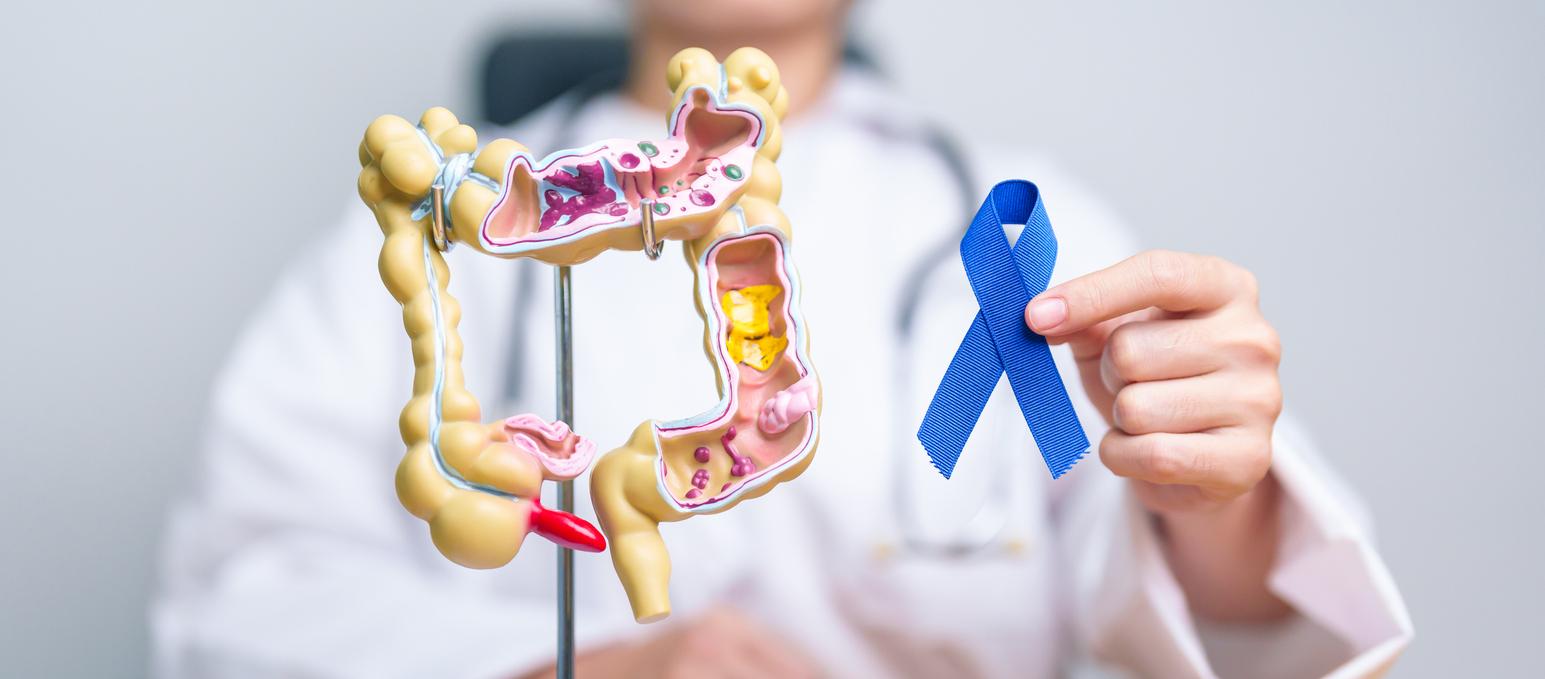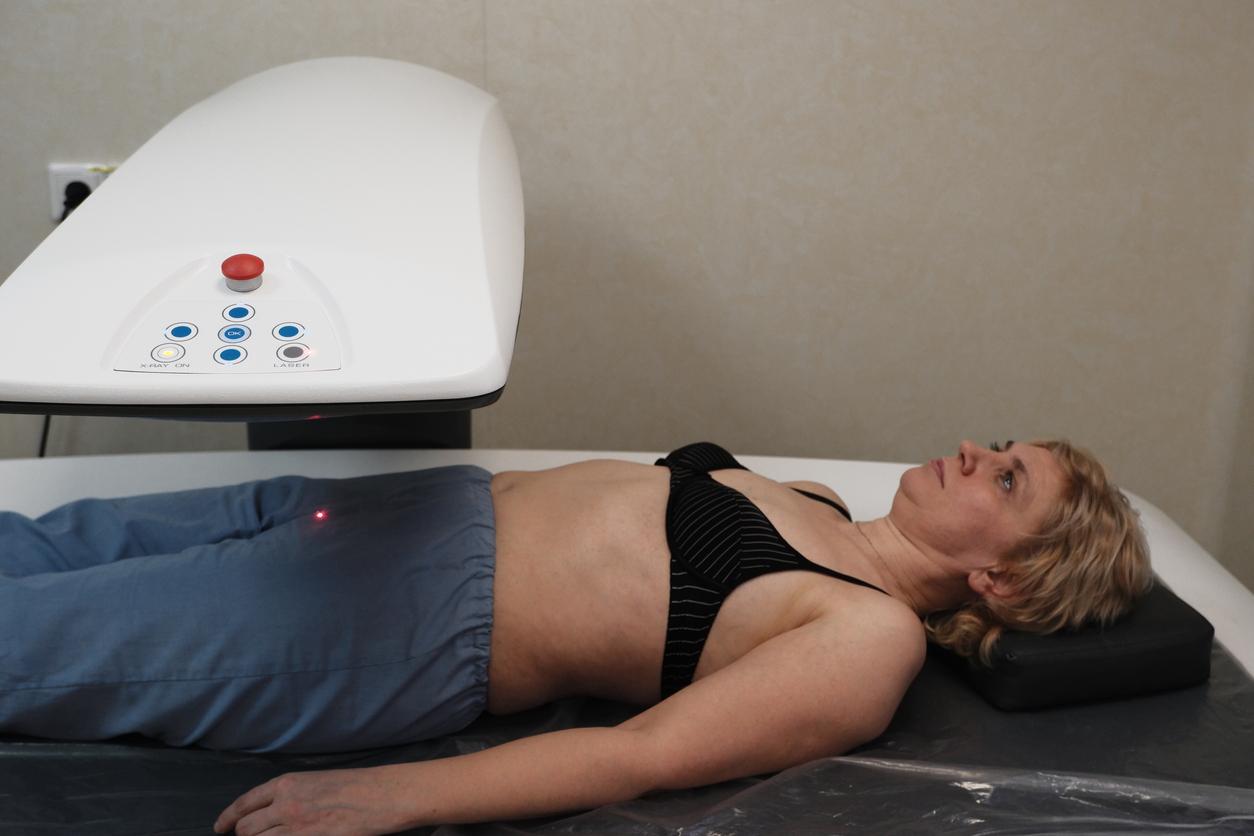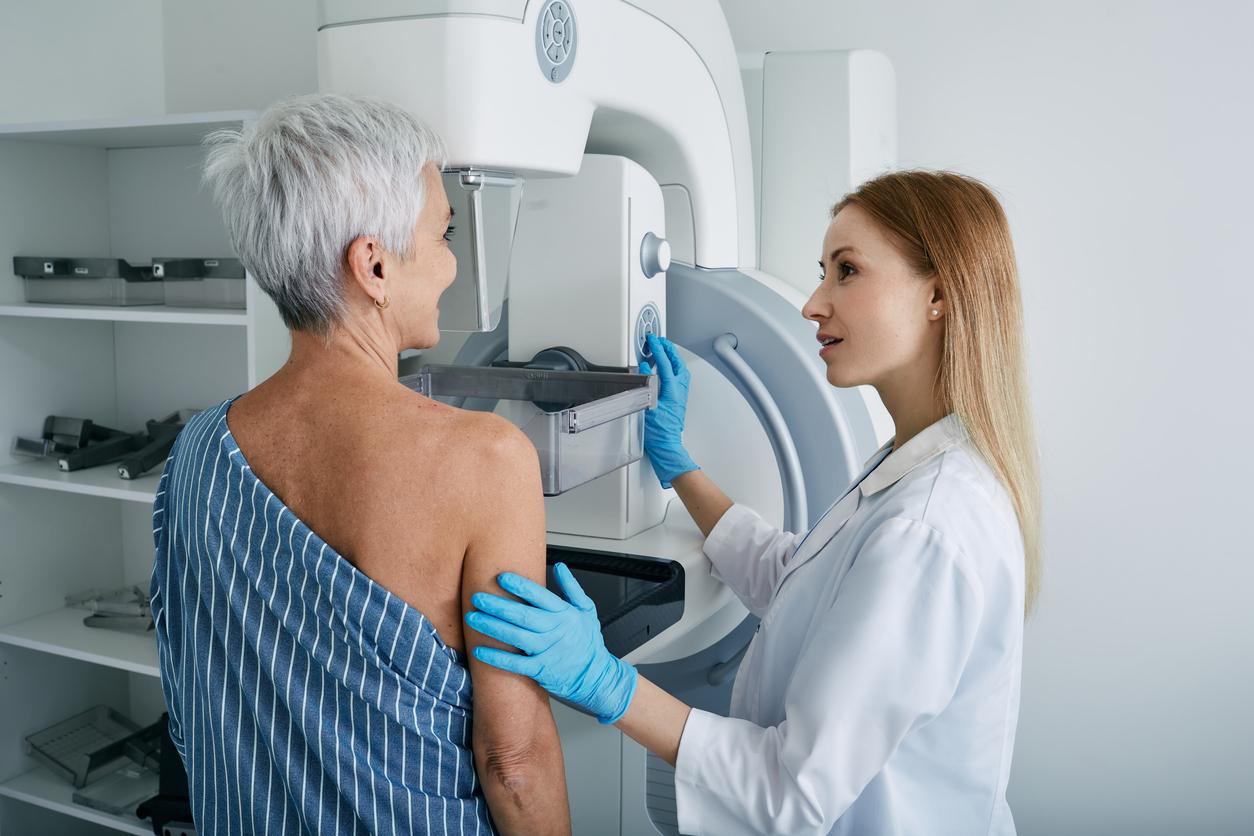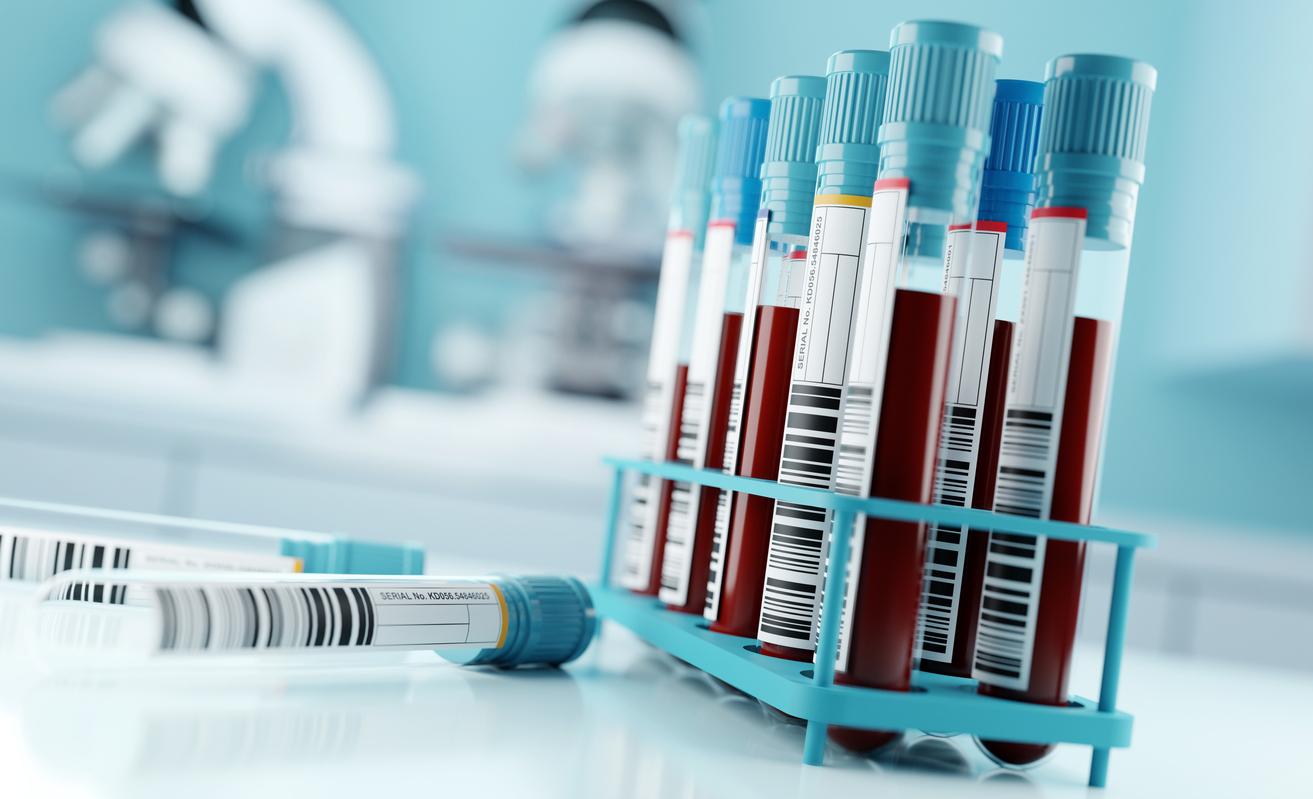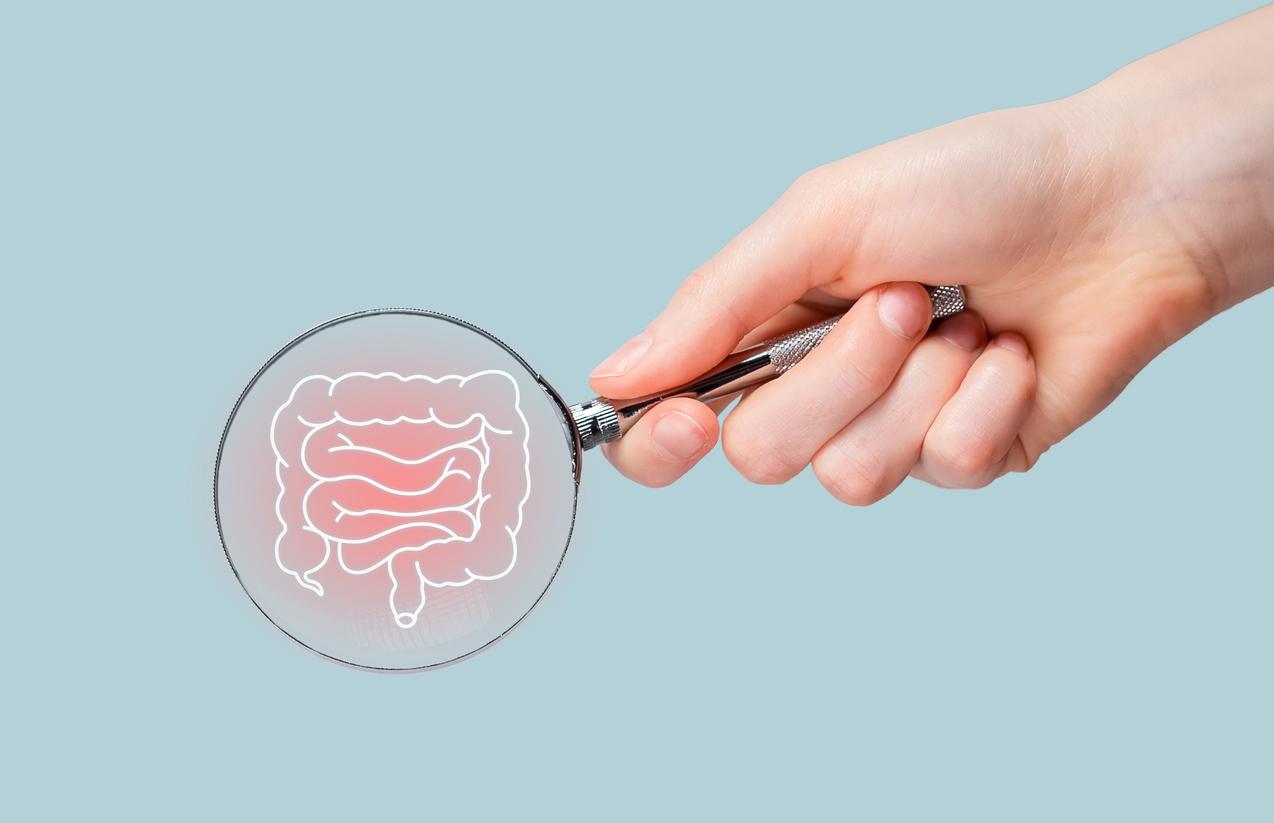In Libourne, in Gironde, a “drive” coronavirus screening service has been set up. Only health personnel, nursing homes and people at risk can be tested, if they show symptoms.

- Tests are reserved for caregivers and people at risk
- Results are available in three days
This is good news. A new Covid-19 coronavirus screening service is now available in the city of Libourne (Gironde). This is a “drive”: the patient comes by car to undergo a nasal swab carried out with the greatest respect for barrier measures.
The initiative was supported by the town hall of Libourne, which took care of the logistics. “We have cleaned up the municipal car park, provided a barnum and a minute stop if there is a wait, municipal police officers to supervise the device. We did everything possible” Explain the town hall in France Bleu Gironde.
In concrete terms, how does that work ? With a prescription, the patient must first make an appointment. Once this has been fixed, he parks in the parking lot in question and is taken care of by the window of the car: the biologist takes a sample by means of a bottle brush inserted into the nose.
The results are available in three days. “There are not enough tests for everyone, and then the samples are sent to a laboratory which concentrates a considerable number of samples from all regions of France. I would like to have an analysis that allows me to say ‘in 5 minutes I’ll be back with the result’ but that’s not the case and it won’t be the case for a few more weeks”. explains Bruno Soullié, medical biologist at Unilabs in Libourne.
Not everyone can be tracked
Thus, due to the lack of tests, only health and nursing home staff and people at risk (with a prescription from their doctor) can be screened. To do this, they still have to show symptoms, “otherwise it would have to be done every daysays Bruno Souillier. If an nursing home staff is contagious, you will understand that this poses a huge problem due to the fragility of the people they meet”, he adds. However, these analyzes will only be possible as long as the protective equipment is sufficient. “If, for example, we no longer have an overcoat, this drive will have to stop”, develops the doctor.
Remember, however, that the nasal PCR is unfortunately not 100% reliable. “Let’s say you can be detected, 30% of cases are missed by Nasal PCR. The safest test is the chest CT scan. We know if the person has Covid even if they are still asymptomatic. But of course it is difficult to commandeer the scanners”, explained in particular Antoine Poignant-Wachsberg, scientific director, emergency doctor and tele-consultant to Why doctor in a article dedicated to the MesDocteurs telemedicine platform.
The elderly or those with comorbidities may develop complications
By people at risk, we mean “people aged 70 and over; patients with a cardiovascular history: complicated arterial hypertension, history of stroke or coronary artery disease, heart surgery, NYHA stage III or IV heart failure; unbalanced insulin-dependent diabetics or those presenting with complications secondary to their pathology; people with a chronic respiratory pathology likely to decompensate during a viral infection; patients with chronic renal failure on dialysis; cancer patients undergoing treatment”precise the Ministry of Health on its website.
Also affected are “people with congenital or acquired immunosuppression”, ie medicated. In details : “Cancer chemotherapy, immunosuppressant, biotherapy and/or corticosteroid therapy at an immunosuppressive dose, uncontrolled HIV infection or with CD4 <200/mm3, following a solid organ or hematopoietic stem cell transplant, linked to a malignant haemopathy in during treatment, patients with cirrhosis at stage B or C of the Child-Pugh classification”. At last, “people with morbid obesity (body mass index > 40 kg/m2) and pregnant women from the third trimester of pregnancy” are also considered fragile and could develop complications if they catch the virus.
.



